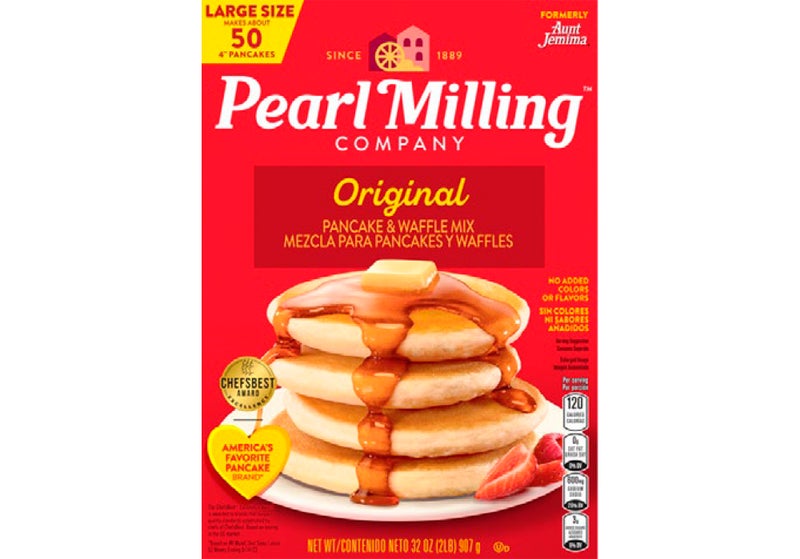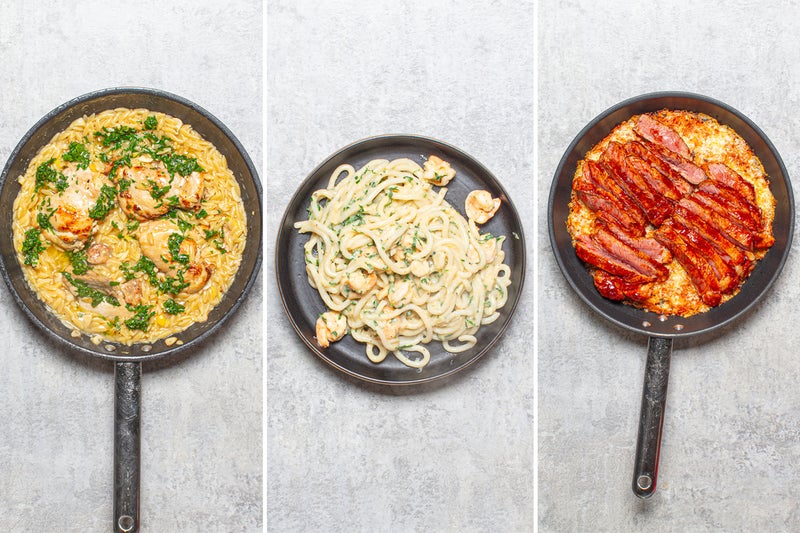Last year, at the age of 56, I had a sudden, shocking revelation: I am going to have to work forever, like a carthorse who dies in harness. Not for me a nice cosy retirement with foreign travel, art classes, a spot of charity work and long lazy lunches. Due to the life choices I've made – an unstable career in the arts, a distinct lack of private pension and an aversion to forward-planning – I simply can't afford not to earn a living. At any point.
![[At least I am lucky enough to love my work. Over the past 30 years I've co-founded three magazines, edited books, judged the Booker Prize and interviewed famous writers]](https://i.dailymail.co.uk/1s/2025/02/12/16/95139525-14390043-image-m-21_1739378153123.jpg)
Perhaps the more surprising revelation, however, is the fact I'm a rarity among my friends. Until recently, I hadn't given their financial situations much thought. Yes, some of them have larger homes, fancier holidays and cars, but we all went out to work, which felt remarkably levelling . It's only as I hit my mid-50s and the prospect of retirement glimmers on the horizon that it's dawned on me how many friends have eminently sensible pension plans, savings, or the prospect of stress-relieving inheritances from their parents. This first dawned on me when a dear old school friend recently announced that she was retiring, in her mid-50s.
![[These days pretty much all the money I make goes on household bills, not helped by our draughty house's lack of insulation and double-glazing]](https://i.dailymail.co.uk/1s/2025/02/12/16/95139543-14390043-image-m-23_1739378234334.jpg)
She'd worked hard in banking for decades, and could now kick back and enjoy travel, singing, learning French, doing volunteer work and seeing more of her wider family. I didn't feel it worth the struggle to put aside cash for a future I might never reach, says Rowan Pelling. Her financier husband (they don't have children) is happy for her to step away from work. By contrast, I am again working flat-out, six or seven days a week on a start-up media business, taking every ounce of my faltering 57-year-old energy. It's even hard to snatch time to see my big sister who lives two streets away. When I mentioned this to an old friend from university, who also works (or has no work) in the arts, I expected sympathy. She's usually even more broke than me and has been known to pawn jewellery.
![[I've been selling newer volumes on WeBuyBooks.com and offloading clothes on eBay for extra cash, but it's slim pickings]](https://i.dailymail.co.uk/1s/2025/02/12/16/95139529-14390043-image-a-24_1739378391661.jpg)
But she looked strangely shifty when I joked about working 'til we drop as she suddenly confessed her historian father had taken out a private pension for her years ago, paying into it ever since. I felt strangely abandoned. She's not the only friend to reveal a surprise safety net. I have slowly come to realise quite a few of the actors, artists and writers I know are from wealthy backgrounds, which explains the large, well-appointed homes, lavish holidays and the Tesla in the drive.
In my London circles, discreet wealth can make my eyes pop. A friend rented a villa in Tuscany last summer. It cost as much for two weeks as I earn in three months. Others have bought flats for their children. Mine is hardly a Dickensian sob story. One former deputy editor I worked with can't get on the housing ladder after 30 years working in magazines. I'm well aware millions are far worse off than me as the cost of living continues to rise. These days, many people's pensions don't cover the bills, and the NHS can't cope with an ageing, increasingly sick population.
Last year, figures issued by the Pensions and Lifetime Savings Association indicated that the estimated amount of money needed per annum to enjoy a 'moderate' standard of living in retirement had jumped by £8,000 – from £23,300 the year before to £31,300 for a single person. At least I am lucky enough to love my work. Over the past 30 years I've co-founded three magazines, edited books, judged the Booker Prize and interviewed famous writers.
Calculations from Quilter, a wealth management company, suggest that equates to a pension pot of £459,000. I only once looked at taking out a pension, with Equitable Life: a company that hit turbulent waters in 2000, the week after I talked to their pension salesman. It felt like a portent. Nor do I have savings beyond those needed to pay my annual tax bill. As my parents died long before those of my friends (Mum was only 66), I didn't feel it worth the struggle to put aside cash for a future I might never reach.
At least I am lucky enough to love my work. Over the past 30 years I've co-founded three magazines, edited books, judged the Booker Prize (2004) and interviewed famous writers for festivals and events. I've also made several TV and radio documentaries and guest-curated two sales of erotic art for Sotheby's. These days pretty much all the money I make goes on household bills, not helped by our draughty house's lack of insulation and double-glazing.
I've had huge fun but – contrary to how it may have looked – none of these enterprises made me rich, or began to yield enough spare income to put cash aside for a rainy day. There were a couple of flush years in the early Noughties – before my husband Angus and I had children – when I took an editor's salary and had two newspaper columns, although even then I didn't begin to breach the threshold for paying VAT (which was then around £70,000 before tax). But I did briefly feel like a solvent grown-up who could buy a dress from Liberty and take colleagues to lunch.































